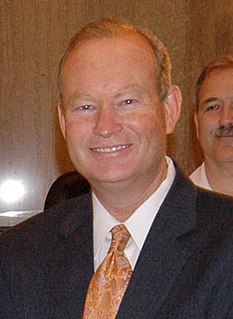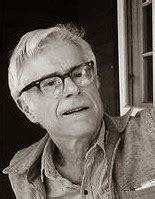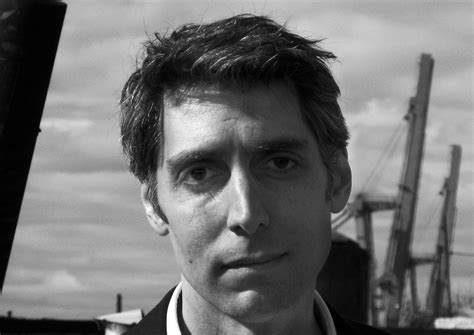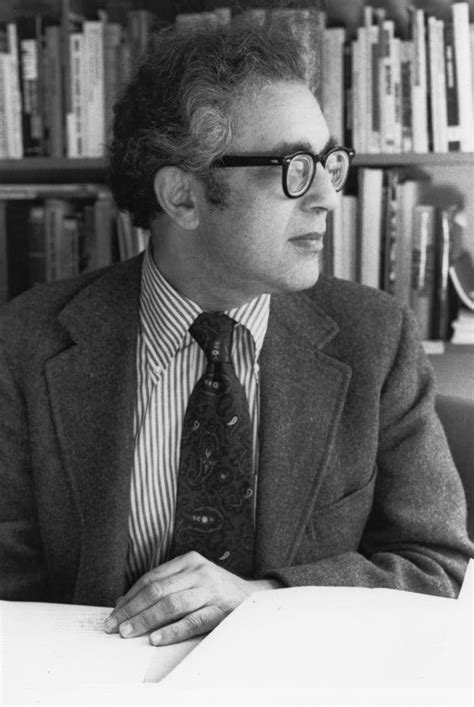Top 1200 Cities In The World Quotes & Sayings
Explore popular Cities In The World quotes.
Last updated on April 14, 2025.
Then the lord rained upon Sodom and upon Gomorrah brimstone and fire from the Lord out of Heaven; and He overthrew those cities, and all the plain, and all the inhabitants of the cities, and that which grew upon the ground. So it goes. Those were vile people in both those cities, as is well known. The world was better off without them. And Lot's wife, of course, was told not to look back where all those people and their homes had been. But she did look back, and I love her for that, because it was so human. So she was turned to a pillar of salt.
In trading with each other cities can't be in too different stages of development, and they can't copy one another. Backward cities, or younger cities, or newly forming cities in supply regions, have to develop to a great extent on one another's shoulders. This is one of the terrible things about empires. Empires want them only to trade with the empire, which doesn't help them at all. It's just a way of exploiting them.
You have to take in the whole picture, and ask, "What is it you want? What kind of world do you want?" So, I have drawings of different cities. Those cities have an end goal; they're not just cities. The end goal of those cities is to make things relevant to people that they respond to. There's no other way.
The opportunities of the twenty-first century make those of us who care about cities feel like kids in a candy store: How will cities survive and lead the way in the transformation required to combat global warming? Resilient Cities gives us a road map for this epic journey upon which we are embarking.
For the most part, French cities are much better preserved and looked after than British cities, because the bourgeoisie, the people who run the cities, have always lived centrally, which has only recently begun to happen in big cities in England. Traditionally in England, people who had any money would live out in the suburbs. Now, increasingly, people with money live in the cities, but this has changed only in the last 20 or so years.
The United States is a world unto itself. We have mountains, we have deserts, we have a river that equals the Yangtze River, that equals the Nile. We have the greatest cities in the world - among the greatest cities in the world. We have a large population. We have challenges. We have an indigenous population.
While the focus in the landscape of Old World cities was commonly government structures, churches, or the residences of rulers, the landscape and the skyline of American cities have boasted their hotels, department stores, office buildings, apartments, and skyscrapers. In this grandeur, Americans have expressed their Booster Pride, their hopes for visitors and new settlers, and customers, for thriving commerce and industry.
Nothing lasts forever. But—especially as it seems to me cities and humans are symbiotically and inextricably bound at this point—I hope cities have a good, long run. Plus, cities are beautiful creatures in their own right; and as with us, their vulnerability and ephemerality are part of that beauty.
As far as cities, one of my favorite stops every year is Rome I think it's super fun to play there, because the tournament is really cool and the fans are super engaged, but also you get to walk around going to dinner, and the history - it's truly one of the most amazing cities in the world. I love it.
As a country, Americans have to find a way to keep our cities solvent. If large numbers of cities no longer have the necessary tax base, we have to find federal methods to intervene. If we don't, there's a risk of dozens of cities simply being left to their bankrupt fates - and I can't see how that serves anybody's interests in the long run.
As industries migrate toward the Far East, the future of many Western cities will no longer lie in manufacturing products but ideas and patents. Young, mobile elites can choose where they want to live, and they can easily move, which means that cities are involved in a heated competition for the best people. Only the most attractive cities can benefit from this development.
What people want now, they want jobs. They want great jobs with good pay. And I'll tell you, we're spending a lot of money on the inner cities - we are fixing the inner cities - we are doing far more than anybody has done with respect to the inner cities. It is a priority for me, and it's very important.
You came to tell us that the great cities are in favour of the gold standard; we reply that the great cities rest upon our broad and fertile plains. Burn down your cities and leave our farms, and your cities will spring up again as if by magic. But destroy out farms and the grass will grow in the city...You shall not press down upon the brow of labour this crown of thorns. You shall not crucify mankind upon a cross of gold.
While cities are distinguished by their architecture and physical appearance, Bell and de-Shalit make a compelling case that many major world cities--and their inhabitants--also express their own distinctive ethos or values. The Spirit of Cities takes the reader on a wide-ranging and lively personal journey.
I have been dwelling upon downtowns. This is not because mixtures of primary uses are unneeded elsewhere in cities. On the contrary they are needed, and the success of mixtures downtown (on in the most intensive portions of cities, whatever they are called) is related to the mixture possible in other part of cities.
Fifty percent of the world's population lives in cities. In a couple of decades, 70 percent of the world's population will be living in cities. Cities are where the problem is. Cities are where the solution is, where creativity exists to address the challenges and where they have most impact. This is why, in 2005, the C40 was founded, an organization of cities that address climate change. It started with 18 cities; now it's 91. Cities simply are the key to saving the planet.
The Spirit of Cities presents a new approach to the study of cities in which the focus is placed on a city's defining ethos or values. The style of the book is attractively conversational and even autobiographical, and far from current social science positivism. For a lover of cities--and perhaps even for one who is not--The Spirit of Cities is consistently good reading.


















































